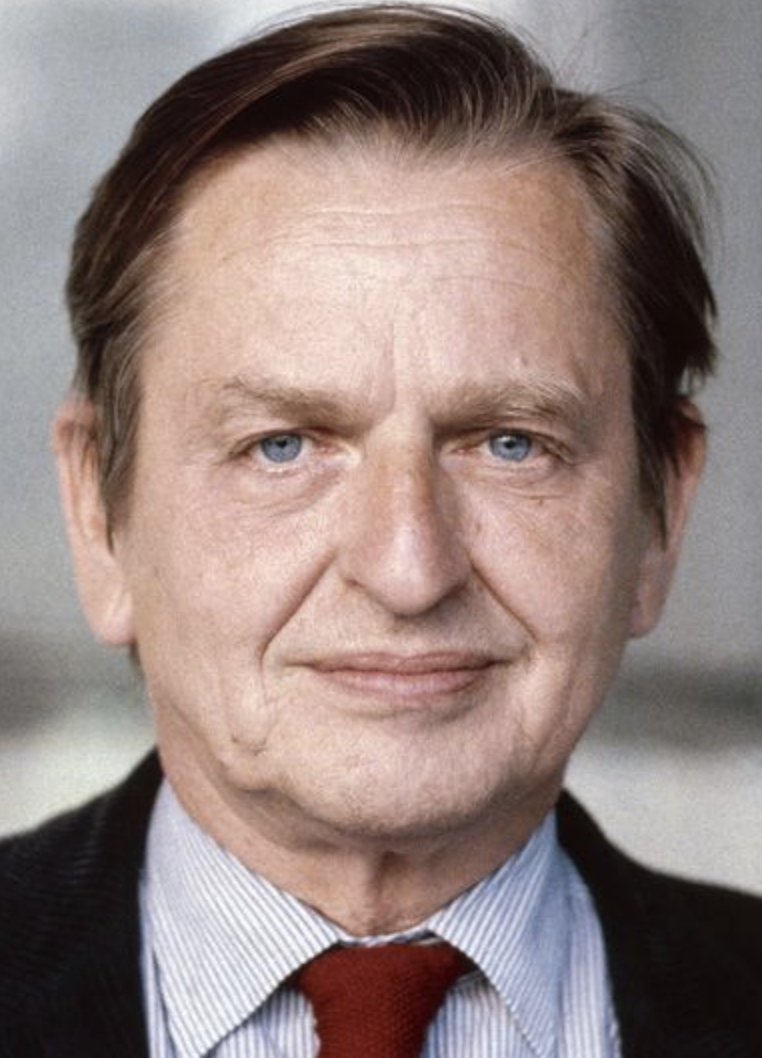On this date in 1927, Swedish statesman Sven Olof Joachim Palme was born into an upper-class, conservative Lutheran family in Stockholm. His businessman father, Gunnar Palme, died when he was 6, and Olof’s early education came from private tutors as he was a sickly child. After compulsory military service in an artillery regiment, he enrolled at the University of Stockholm, later transferring to Kenyon College, in Gambier, Ohio, a school of fewer than 2,000 students affiliated with the Episcopal Church.
He wanted to go to school in the U.S. and applied for scholarships through the American Scandinavian Foundation. His grandfather, a Lutheran bishop, insisted it be a Protestant college. “Suddenly I received a letter from Kenyon,” he told the Alumni Bulletin in 1984. “I had never heard of the college, but as it turned out I was lucky, extremely lucky to land there.” There he met a lifelong friend, actor Paul Newman. Fluent in English, French and German, he graduated in a year using credits earned in Stockholm.
He joined the Swedish Social Democratic Party during law school and worked for socialist Prime Minister Tage Erlander before being elected to the parliament in 1957. He had married Lisbeth Beck-Friis, a child psychologist, in 1956. They would have three sons, Joakim, Mårten and Mattias. Palme was named Erlander’s minister of education in 1967 and succeeded him in 1969 at a time when Sweden was strongly critical of U.S. involvement in Vietnam and offered asylum to American military conscientious objectors and deserters. The Social Democrats lost power in 1976 but regained it in 1982, returning Palme to head of state, where he remained until his assassination at age 59 on Feb. 28, 1986.
Christer Pettersson, who had a long record of petty crimes and substance abuse, was convicted of shooting Palme in the back with a .357 handgun while he and Lisbeth were walking home with no bodyguard from a movie. An appeals court soon overturned the conviction for lack of evidence, and the murder weapon was never found.
After a secular service attended by over 150 world leaders at Stockholm City Hall, he was buried in a private ceremony in the cemetery at Adolf Fredrik Church, where René Descartes was first buried in 1650 before his remains were moved to France. While Palme didn’t publicly air his views about religion, he didn’t attend church and was widely believed to be an atheist.
His time in office was marked by an expansion of the social safety net and support for human and women’s rights and education. He strongly opposed war and apartheid. “Olof Palme, party chairman and prime minister. Sweden’s Social Democratic Workers Party raised the stone” is engraved on a boulder at the head of his grave. (D. 1986)


